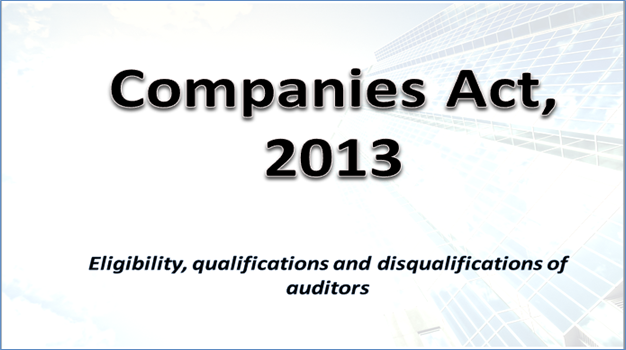
Introduction
A company is defined as a business entity formed for performing certain lawful purposes and is incorporated under the Companies Act, 2013. It is somewhat imperative on the part of the company to work transparently in the best interests of the public in general and its stakeholders. In this regard, an auditor is generally appointed by the company who is entrusted with monitoring the company’s affairs and inspecting the company’s books of accounts and further validating the accuracy of the transactions.
An audit is an impartial or unprejudiced analysis and assessment of the financial statements of a business entity. It is carried out to ensure that the books of accounts are a fair and accurate representation of the affairs or transactions that business entity claims to represent.
The term “Auditor” refers to an individual who is entrusted with all the audit works of the business entity. In other words, the Auditor’s primary role is to critically and prudently inspect the books of accounts of the business entity.
Appointment of Auditors
It is mandatory on the part of the company to appoint an auditor in its very first Annual General Meeting (AGM). The written consent from the appointed auditor should also be produced before finally appointing him as the company’s auditor. In this regard, a certificate may also be taken from him concerning his appointment in compliance with prescribed rules and regulations. The auditor so appointed shall fulfill the criteria provided in Section 141 which mentions the qualifications and disqualifications of auditors. The Registrar of Companies (ROC) should also be notified about such an appointment and a notice must be issued within 15 days of the AGM in this regard.
Qualifications of an auditor [Section 141(1) & (2)]:
There are certain conditions that must be fulfilled with a view to successfully qualify to be appointed as an Auditor in a company. The conditions are:
an individual shall be considered eligible to be appointed as company’s auditor if he mandatorily fulfills certain conditions prescribed under the Chartered Accountants Act (or CA Act), 1949 and further possesses a valid certificate of practice as-
Disqualifications of auditors [Section 141(3)]
The following individuals shall not be considered qualified for appointment as a company’s auditor.
At AJSH & Co, we do assist our clients in complying with the regulatory requirement by auditing their financial statements. To know more about our services and offerings, you can write to us info@ajsh.in or click here.